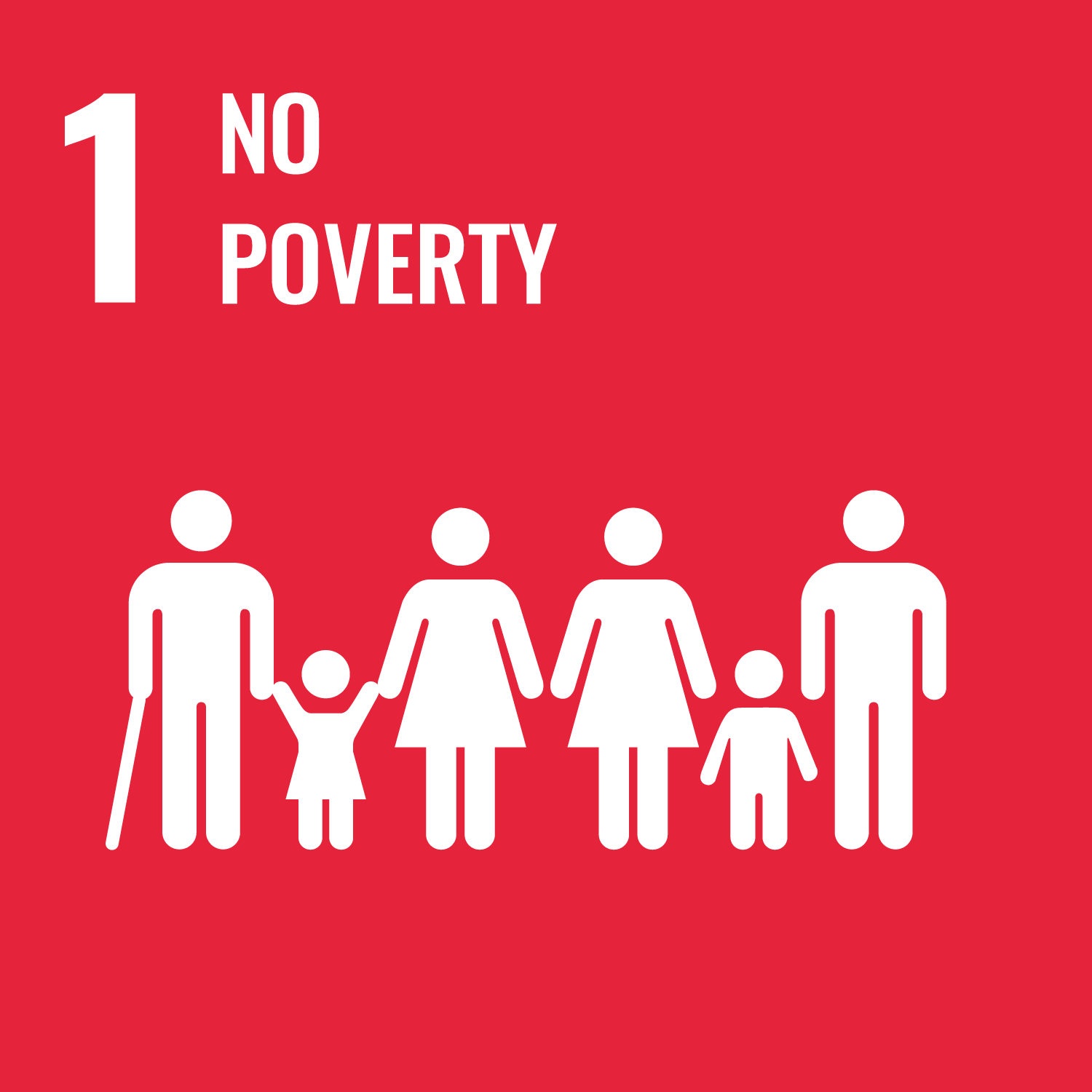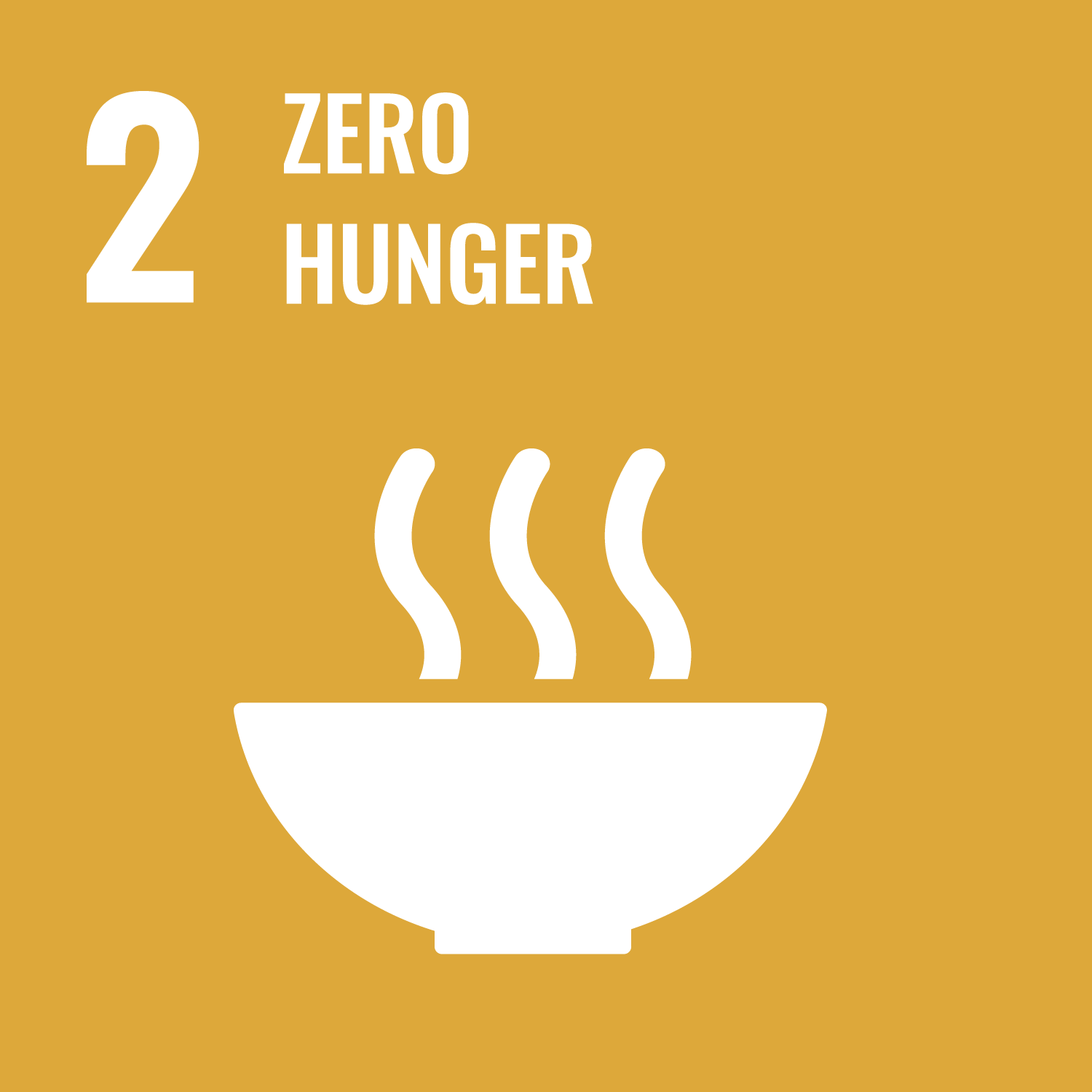SDG Detail
DEVELOP 710 : Development Policies and Institutions
Postgraduate courseProject description
This course aims at providing students with an in-depth knowledge of national and international policy approaches to alleviate poverty, enhance social justice and achieve environmental sustainability. The course will scrutinise contemporary development policies carried out by national governments, international development banks, donor agencies and UN organisations. Examples of policies that will be covered in the course are land policies, food aid policies, gender policies, migration policies, climate adaptation and mitigation policies as well as ethical and fair trade policies. Students will develop the ability to analyse complex policy-making issues, making use of both theory and empirical evidence from specific cases.
Project aims
?
Project outcome
1. Understand the complexity and dynamics of development policy making and the importance of policy space, particularly for least developed countries in Asia and small island developing states (Capability 1.1, 1.2, 1.3, 2.1, 2.2, 2.3, 3.1, 4.1 and 5.2) 2. Identify major policy debates at the national and international level around poverty and hunger alleviation, migration, climate change and trade (Capability 1.1, 1.2, 1.3, 2.3, 4.2, 5.2 and 6.3) 3. Explain how policy is framed in national and international development agendas and forums (Capability 1.1, 2.1, 4.1, 4.2 and 5.1) 4. Evaluate the aims of development policies and critically assess policy narratives and different approaches to policy-makin (Capability 1.3, 2.1, 3.1, 4.1, 4.2 and 5.1)
Related SDGs
The corresponding sustainable development goals correlated with this project. You you click the icon to link to SDG category description page.











